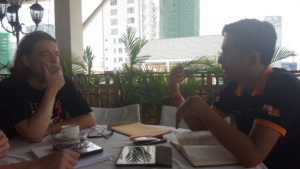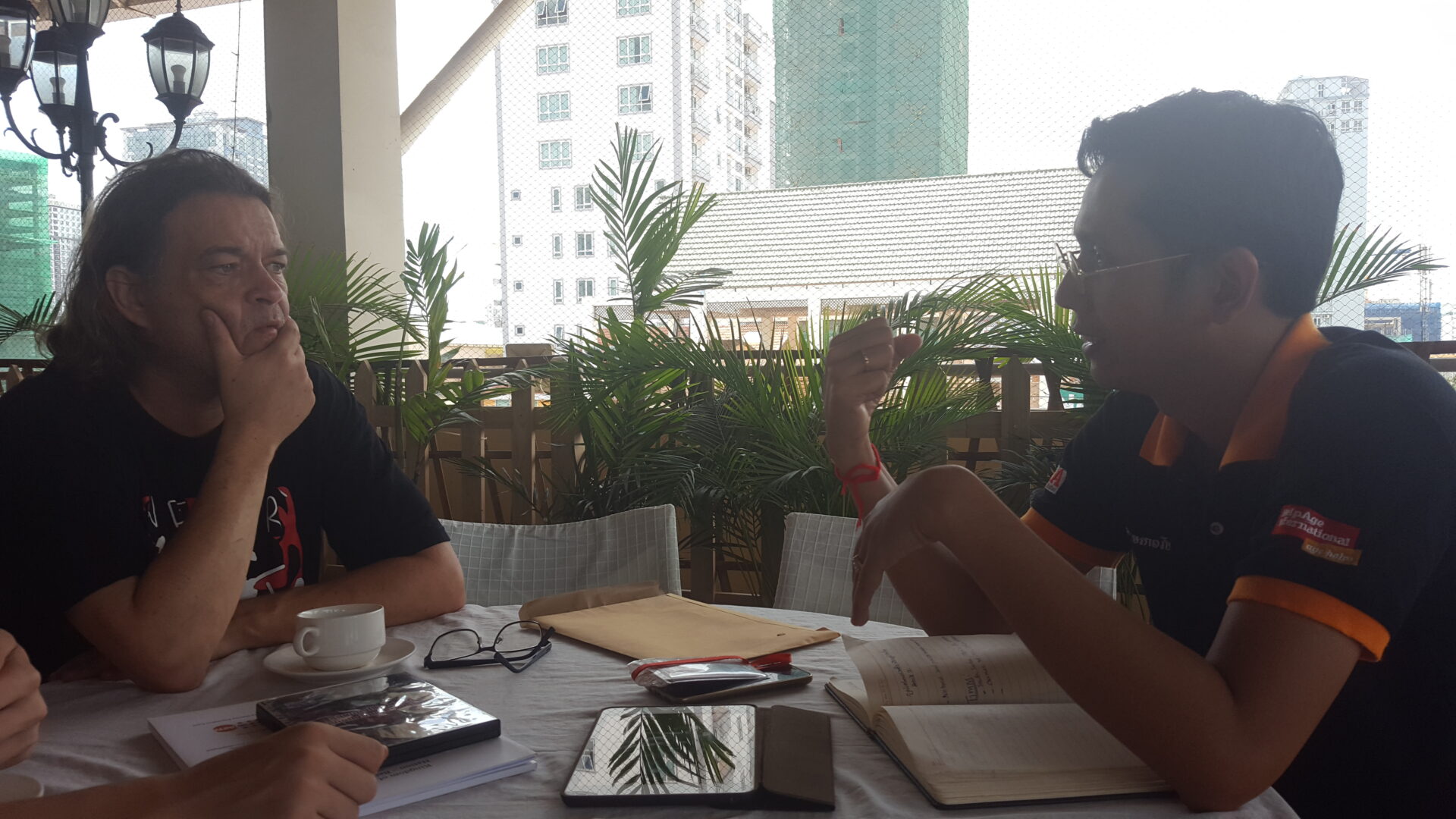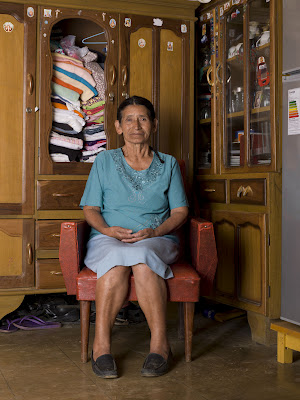
One of the riddles to solve is how elderly in governmental and NGO field of work seem non- existent. As head of sociology faculty Thy Naroeun said in our first meeting: “There are no elderly in Cambodia.”
Of all NGO’s in Cambodia (over 300), there is only 1 of them focussed on helping older people. Their mission is quite clear:
HelpAge works to empower older people and their communities to challenge age discrimination, ensure the continuation of an old-age inclusive society, and sustain economic and physical security.
But still: only 1 NGO out of all active here in Cambodia: Helpage Cambodia. And the government does not seem to be active at all: there are no pension arrangements, no special health care facilities and no elderly focused governmental help. But the number of all people in Cambodia that are already over 65 years old,is growing fast.
We had the opportunity to meet with executive director Tum Vira in Phnom Penh, he told us a lot about elderly in Cambodia. His organisation works to install OPA (old people associations) around Cambodia, to create a social network in the local community, where elderly people find social and financial support with each other.
Older people in Cambodia are resilient survivors of three decades of civil conflict. They are custodians of Khmer culture and family traditions. Around 8% of the population in Cambodia is over the age of 60 years and the average life expectancy is 63 years. There is a high proportion of older widows as a result of the recent conflict.
With aging, older people may experience increased physical immobility and greater susceptibility to non-communicable diseases such as hypertension, cancers, arthritis and diabetes. Most older women and men have at least a visual, physical or hearing impairment or disability.
Most of Cambodia’s older population lives on their family’s land, mainly in rural areas. They continue to work for income in manual-intensive employment such as agriculture, running small convenience stalls and selling produce at the market. 30% of older farmers aged over 70 years still remain economically active in agricultural labour.
Another challenge is the change in the traditional family structure. Older relatives are often taking care of grandchildren as a result of parent’s death, divorce or migration from rural areas for work while relying on little financial support from younger family members.

